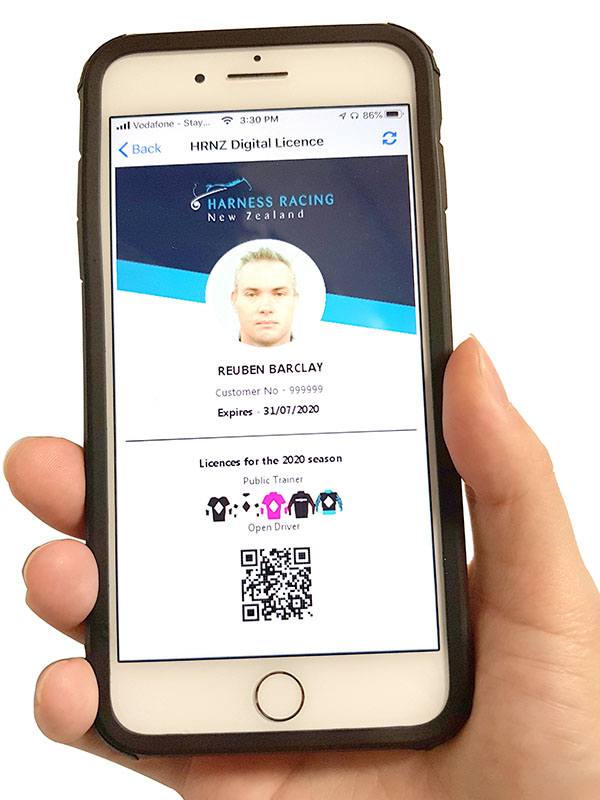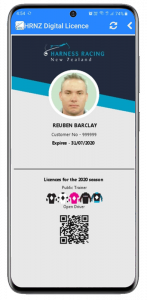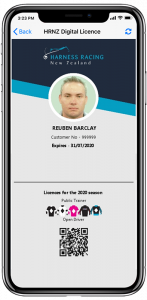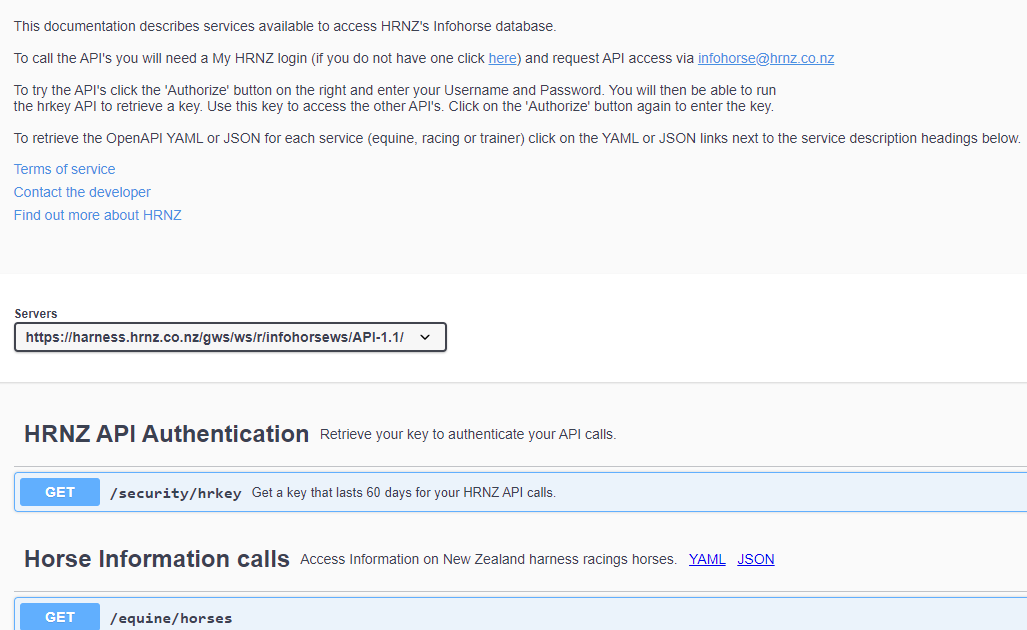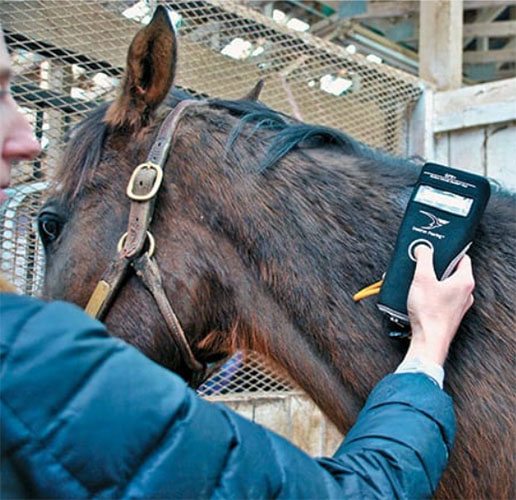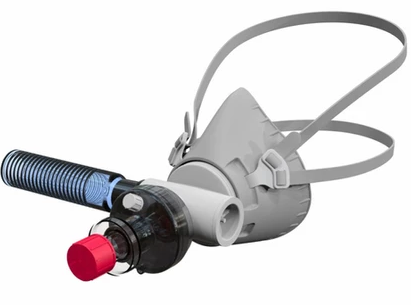COVID-19 – Digital ID Solution Gallops to Success at Harness Racing
Auckland, New Zealand – June 26, 2020 — Harness Racing New Zealand has introduced a new digital identity card developed in Genero to govern race track access during the COVID-19 crisis. Harness Racing was seriously affected by the pandemic, due to the immediate lockdown imposed on almost all businesses and services by its government. Even though it continued to do business, race meetings were closed for two-months.
Genero 3.20’s new RESTful framework is very good. Much quicker to develop, so easy to implement using either JSON or XML. Just like programming any other function!
John Toohey
CIO
Harness Racing
New Zealand
During this time, security and a number of other functions were quickly identified as needing reinforcement in response to the new situation. These changes have since become permanent processes.
Digital ID Card
The first requirement was to improve track security. It was essential during lockdown that only certain authorised people had access to the race track. The solution was a smartphone identity ‘card’ that could also be accessed via a browser. The card functions seamlessly around the clock – both online and offline in the event of poor Internet coverage at the race track.
The offline and cross-platform capabilities of Genero Mobile were important selection criteria for developers.
The identity card has been well received and widely adopted within a short period. Authorised users no longer require any other form of identification, and changes to their details are updated daily.
RESTful APIs
In order to facilitate the seamless integration of the card, Harness Racing extended their suite of RESTful APIs that were built from previous experience developing data access and photo upload features. This significantly reduced the development effort, since low-level coding is no longer required. The RESTful client code generator made consuming RESTful APIs a very quick and easy process too.
Harness Racing’s application also uses RESTful APIs to integrate with client systems across the world.
An Australian organisation commented after just 24 hours of making change requests:
This looks amazing and exactly what we were after. I must ask, are you applying these updates yourself or do you have a team? Pretty impressed with what you can achieve in such little time!
Toohey’s response :
I have not put much effort into the work at all. It is so quick to code APIs now, and we can do everything I have wanted to do so far!
Harness racing has developed a comprehensive suite of APIs, which are available to developers across the world. Access Harness racing’s RESTful API documentation here:
Microchip Voice Reader
Their next project will extensively use Genero Mobile and RESTful for the development of a voice reader for horses with embedded microchips. We think nothing about microchipping our cats and dogs, but horses? Indeed, microchips are fast replacing branding, which is to the benefit of the horse’s welfare and the quality of the stored information. Stewards will be able to connect to the microchip via their phones’ Bluetooth network and listen to the results. The Genero Mobile app reads the microchip, sends the data to Google Speech via a server and returns the result to the smartphone – all within a 1.2 to 1.5-second roundtrip.
More on that story as it emerges!

